An Overview of Cardiac Computed Tomography (CCT)
The American Heart Association endorses the cardiac computed tomography (CCT) test for cardiac risk stratification of patients based on calcium scores. A traditional computed tomography (CT) scan is an x-ray procedure that combines computer technology and x-ray imaging to generate cross-sectional views of the body.
Cardiac CT uses this same technology along with intravenous (IV) contrast dye to visualize the anatomy of the heart and blood vessels. Other names for this test include coronary CT angiography, cardiac CT, coronary CTA, cardiac CAT scan, and MSCT.
Why it is Done
Doctors use CCT to evaluate for many conditions and disorders, as well as assess the heart and arteries following certain procedures. The CCT is used for:
- Coronary Heart Disease (CHD) – With CHD, plaque builds up in the vessels and narrows them. This limits blood flow to the heart. The CCT can show which arteries are blocked or narrowed.
- Calcium Buildup – Calcium builds up in the coronary artery walls. The CCT can detect this early for heart attack prevention.
- Aorta Disorders – The CCT detects various problems with the aorta, the main artery that carries blood from the heart to the body. Two serious conditions of the aorta are aneurysm (bulging vessel) and dissection (a split in one or more layers of the artery wall).
- Pulmonary Embolism (PE) – A PE is a clot that lodges in the lung artery. This can be a life-threatening situation.
- Pulmonary Vein Disorders – The CCT detects problems with the pulmonary veins which carry blood from the lungs to the heart. These disorders could lead to atrial fibrillation or other irregular heart rhythms.
- Valvular Disorders – In some situations, doctors use the CCT to look for problems with heart valves and functioning.
- Pericardial Disease – When the sac around the heart (pericardium) is inflamed or infected, pericarditis occurs. The CCT can assess for this condition.
- CABG Results – Phoenix heart doctors use the CCT to check for artery function following a coronary artery bypass graft (CABG).
Calcium Scoring
Without the contrast dye, the CCT can be used to assess the amount of calcium in your heart arteries. This is called a calcium score. It gives the Phoenix cardiologist an idea of how much plaque there is in the arteries that has not yet led to problems. Your calcium score is a predictor for heart attack risk. While calcium scoring is not recommended as routine screening for people who do not have heart disease symptoms, it is often used for patients who have had recent coronary bypass surgery, coronary stent placement, or heart attack.
Before the Test
There are certain things you should do before the test. These include:
- Avoid caffeinated drinks on the day of your examination.
- Do not use erectile dysfunction medicines, such as Viagra or Cialis.
- Avoid energy drinks and diet pills on the day of your test.
- Do not eat for four hours prior to your test.
During the Test
You will change into a hospital gown and lie on a special scanning table. A nurse will start an intravenous line in your arm and administer the dye. A technologist will place electrodes on your chest that are attached to an electrocardiograph monitor. You will feel the table move into a scanner unit. When the dye goes into your vein, it may produce a warm sensation as it circulates through your body. The entire test takes around 30 to 45 minutes.
Risks of the CCT
The coronary CT scan is a low risk procedure. However, patients could experience an adverse reaction to the contrast agent that is used. Symptoms of an allergic reaction include itching, difficulty breathing, and racing heart. If you experience any of these symptoms, notify the technologist at once.
AZ Heart Doctor is the leading Phoenix cardiologist with offices in Tempe and Mesa. The Double Board Certified cardiologist supplies the East Valley with comprehensive noninterventional services including EKG’s, ultrasounds, stress testing and more. Most insurance is accepted. Call (480) 300-4646 for more information and scheduling today!
Resources
American Heart Association (2013). Cardiac CT. Retrieved from: http://www.heart.org/HEARTORG/Conditions/HeartAttack/SymptomsDiagnosisofHeartAttack/Cardiac-Computed-Tomography-Multidetector-CT-or-MDCT_UCM_446370_Article.jsp
National Heart, Lung, and Blood Institute (2013). What is a Cardiac CT? Retrieved from: http://www.nhlbi.nih.gov/health/health-topics/topics/ct/






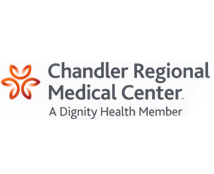

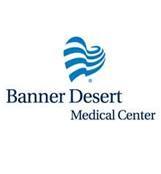
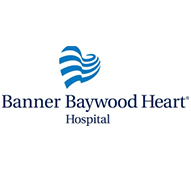
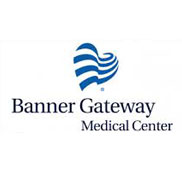
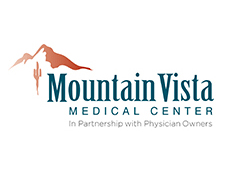
Leave a Reply